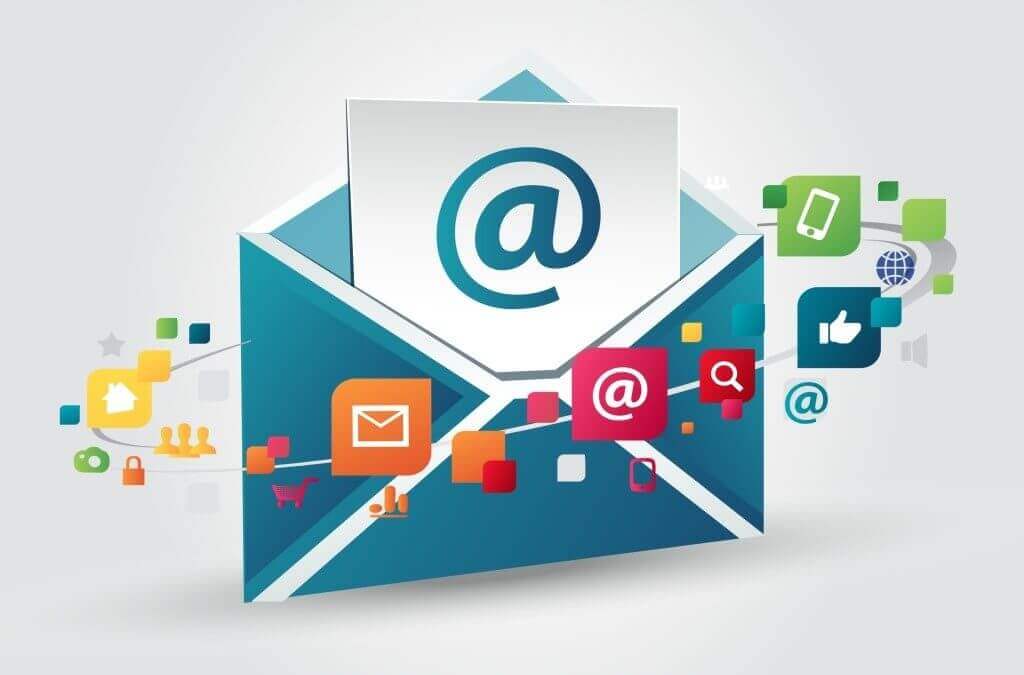
You’re a hotelier, and that means you’re busy. Despite your best efforts, you can never seem to find enough time to check every item off your “to do” list. And even when you do, it’s quickly replaced by three new tasks.
That’s why we recommend making automated campaigns the centerpiece of your email marketing strategy. These “set it and forget” campaigns only require your attention one time while you set them up. They then go out automatically based on the triggers you’ve selected. So not only do they help save you precious time and resources, they are also timely, personalized and hyper-relevant to the recipient. As a result, they are opened and clicked more frequently and help drive more direct bookings.
To help you reach automation domination, we recommend you setup the following five campaigns.
Pre-Arrival Email Campaigns
The stage between booking and arrival is one of the best times to connect with your guests. They are excited about their trip and particularly receptive to opportunities for enhancing it. Amongst our hotel customers, we see that pre-arrivals sent seven days prior to check-in have the highest open rates at 60%. Three days in advance is a close second at 59%.
Use pre-arrivals to:
- Create a personal connection with incoming guests. Include a personalized note letting them know that you are looking forward to their stay. You can include helpful details about their visit, such as dates, check-in time, room type and directions.
- Upsell/upgrade. Including relevant upsell options is a great way to enhance your guest’s stay and boost incremental revenue. In addition to room upgrades, you can upsell amenities like spa services, in-room extras and transportation, or offer to make restaurant reservations. Pre-arrival emails with “upsell” or “upgrade” in the subject line see a 5% higher open rate than those that don’t.
- Be helpful. Inform guests about onsite amenities they might find useful, and local events and attractions. Link back to specific information on your website, like your blog or calendar of events page.




